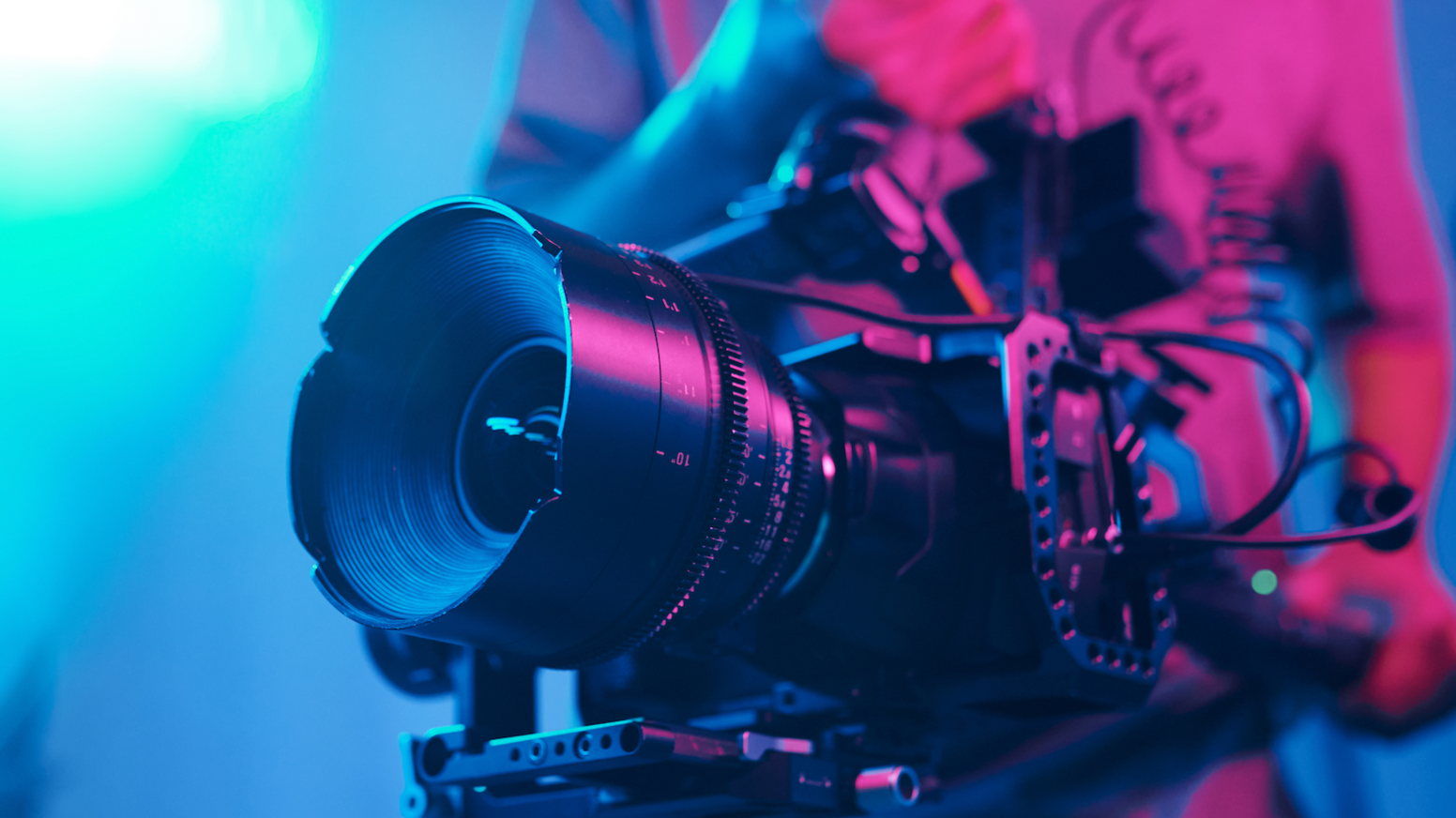'Hunger Games' studio Lionsgate announce AI video deal

Many working in the creative industries have expressed concern over the deal
- Published
Entertainment giants Lionsgate are partnering with artificial intelligence (AI) company Runway to allow a new AI model to be trained on their extensive film and TV archive.
Lionsgate, the studios behind series such as The Hunger Games and John Wick, will benefit by being able to use the resulting AI technology in future productions.
“Runway… will help us utilize AI to develop cutting edge, capital efficient content creation opportunities,” Lionsgate Vice Chair Michael Burns said in a statement.
Few details about about how the AI technology will be used in production have been released - but given that one of the main reasons for the months-long 2023 Hollywood actor’s strike was concern over the use of AI in film production, there have been many negative responses to the collaboration.
“We're already seeing a lot of job loss in the creative industries, that is only going to get worse,” writer and producer Helen Delzany told the BBC. “But the greater tragedy in all of this is how stale film and entertainment may become.”
Actor Alexander Chard posted on X “Our words, performances, and direction are merely to feed the machine until we’re no longer needed.”
Other users on X described the collaboration as “vile” and “disgusting”, though some who work in the field have been more positive.
Producer PJ Acetturo - who is also the CEO of an AI entertainment company - described it as “amazing for the industry”, external and a way to “bridge the two worlds” of AI and film production.
Runway have sought to play down concerns about creative industry employment.
In a statement, company co-founder and CEO Cristóbal Valenzuela said that AI can “significantly accelerate one’s progress through creative challenges… by helping to solve specific tasks, not by replacing entire jobs.
“Artists are always in control of their tools.”
Karla Ortiz, an artist who works across TV, film and games, posted a "reminder" on X that Runway are also currently being sued for potential copyright infringement, external by a group of artists, with a US district judge ruling last month that the firm were part of a group of AI companies illegally storing images in image generation systems.
In June, a London cinema was forced to drop an AI-written film due to negative backlash.